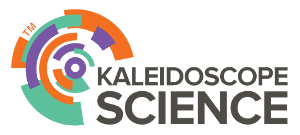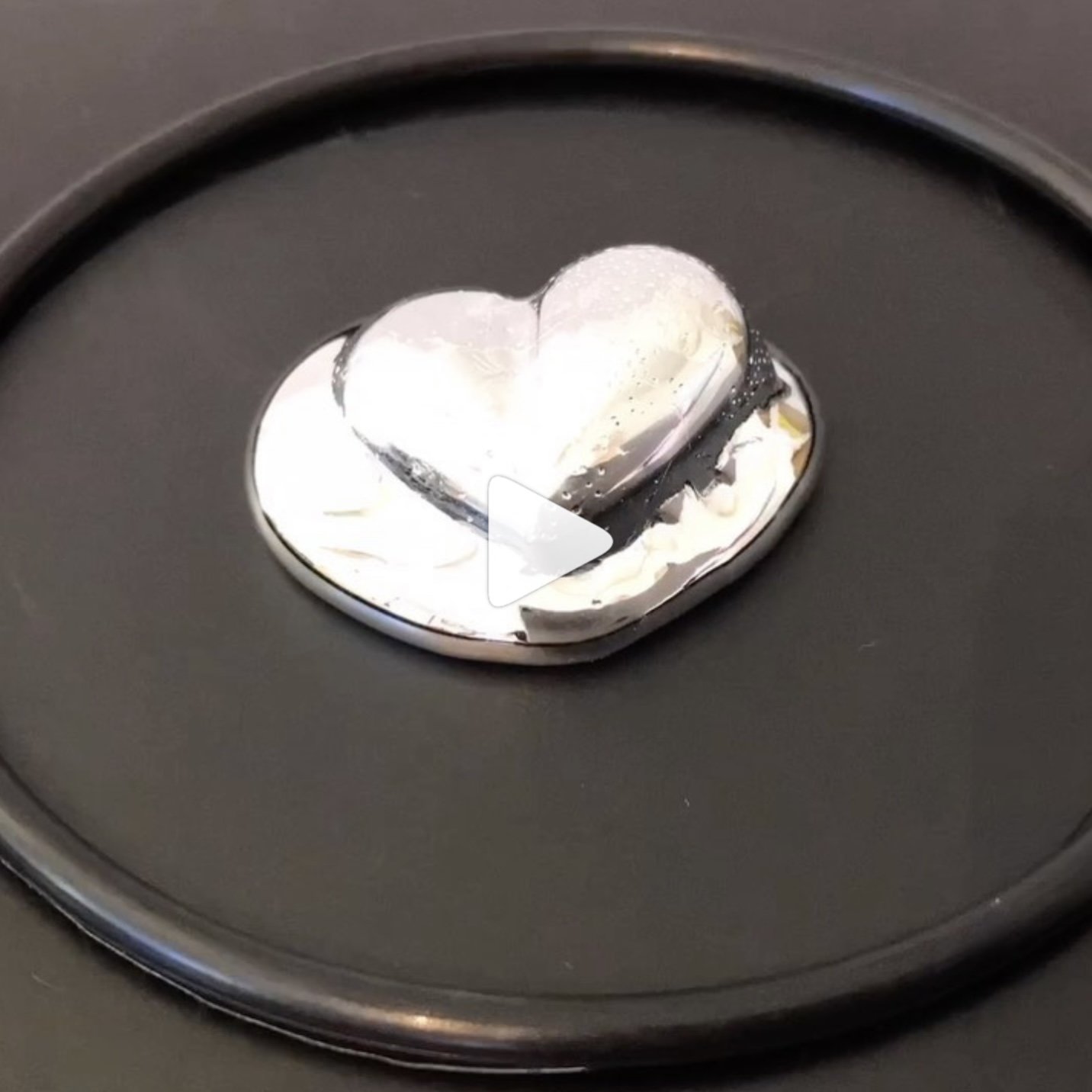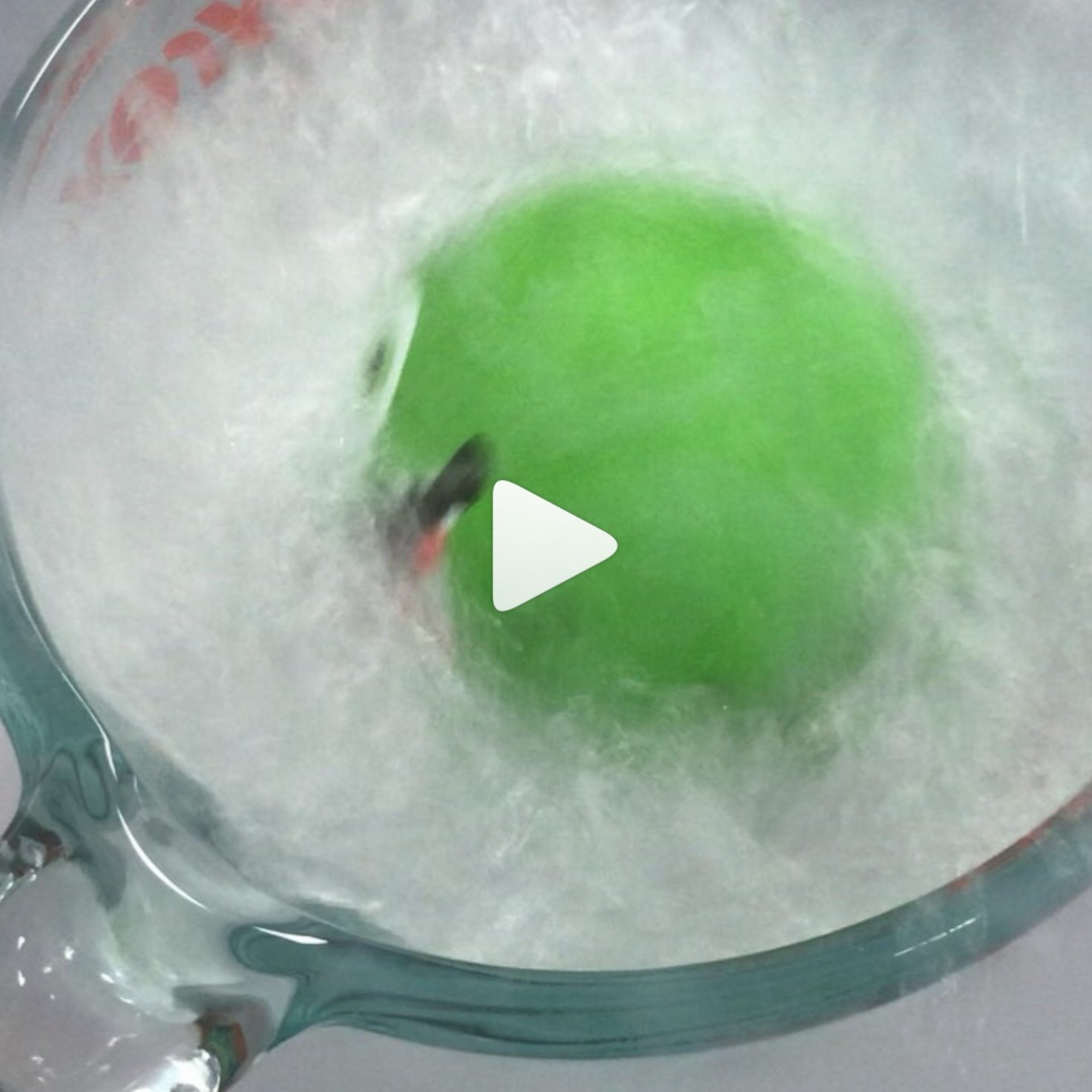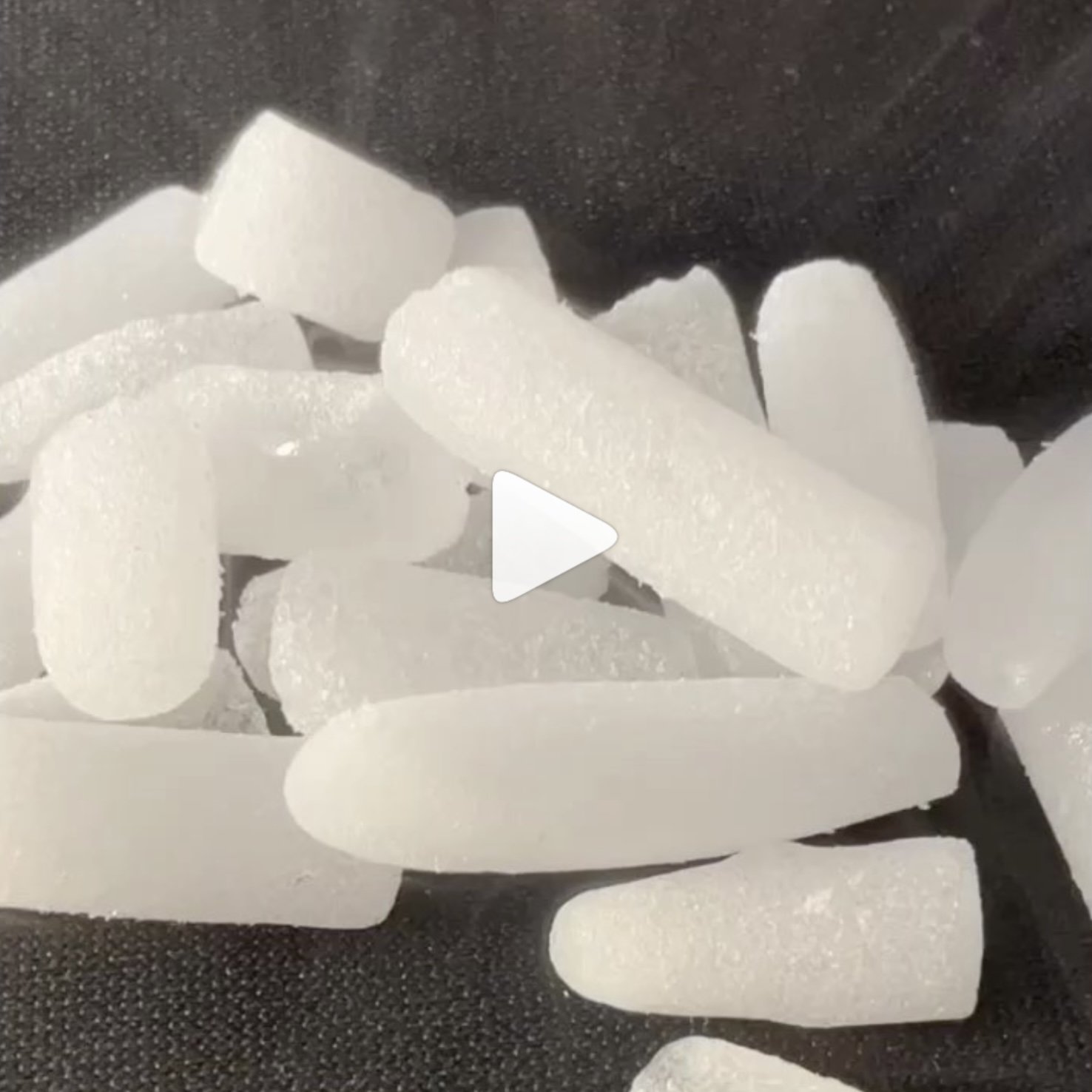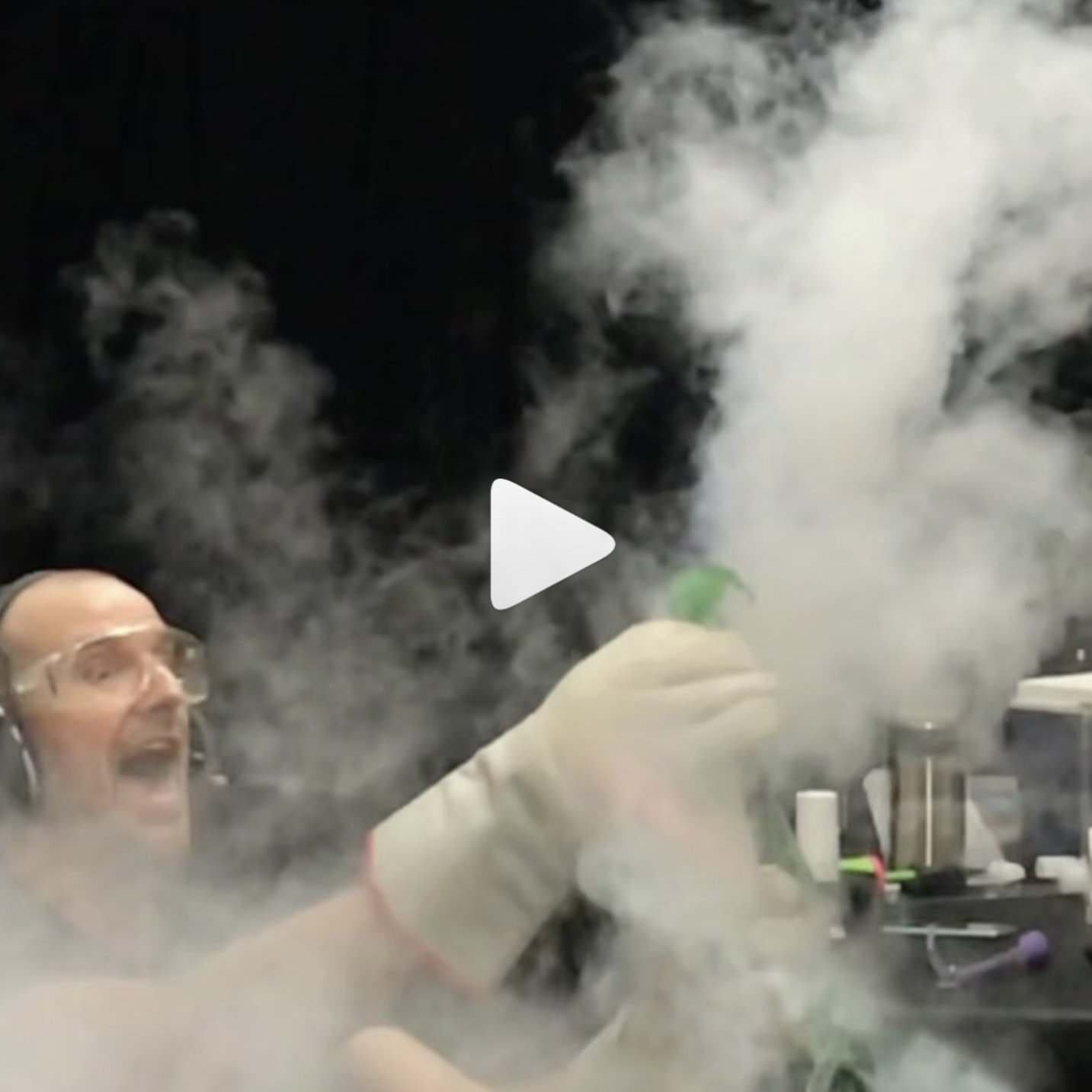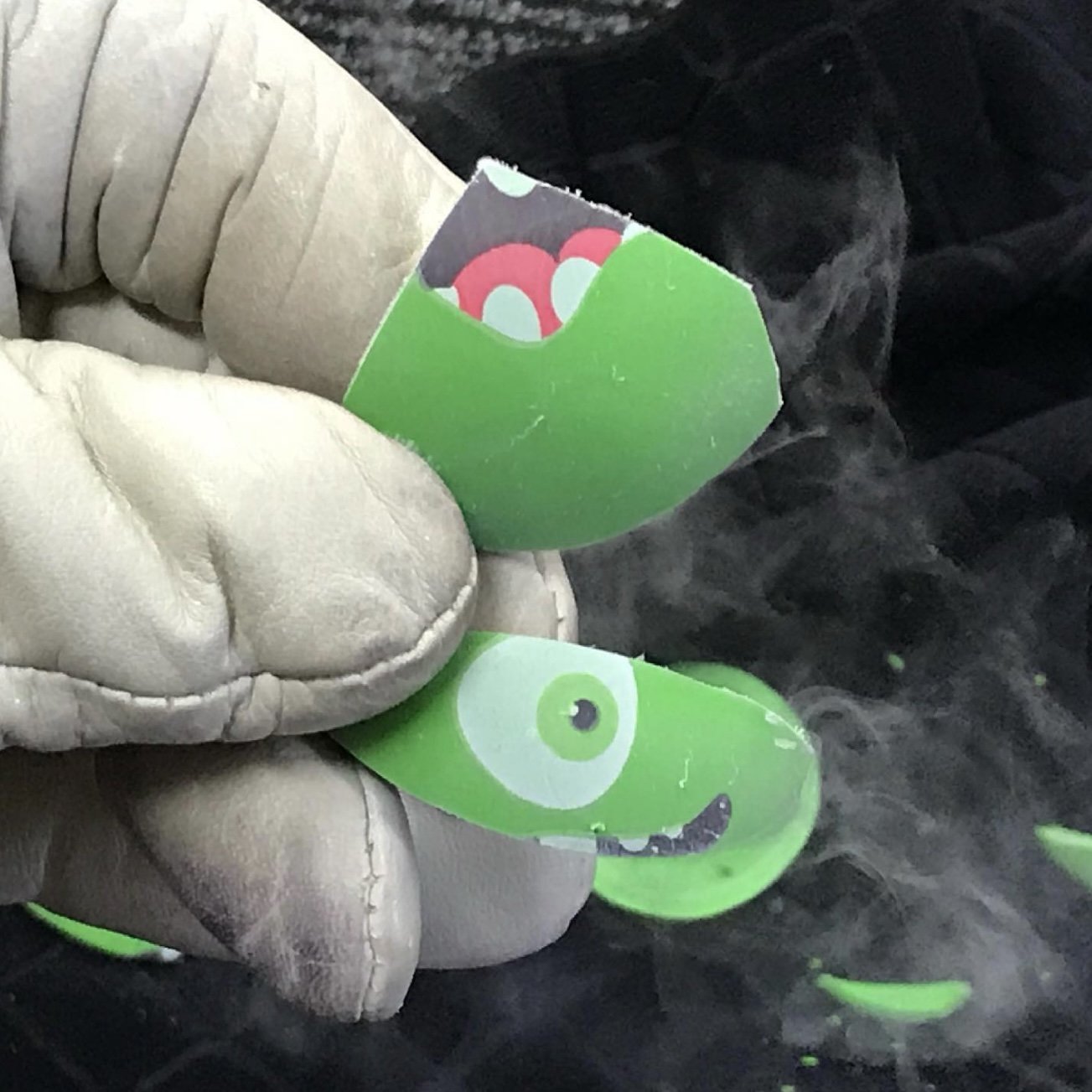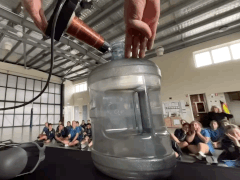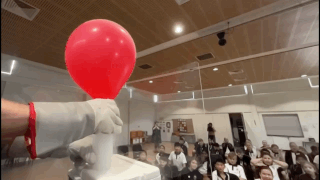The Solids, Liquids, Gases & Plasmas Show
Primary School Incursion (K-6)
A spectacular showcase of exciting and energetic demonstrations, all about the states of matter and heat energy. Your students will be amazed by sublimating dry ice, boiling-cold liquid nitrogen, molten metal & glowing plasmas, plus we'll shed new light on many commonplace materials.
-
Exploring particles - atoms & molecules
Mysterious melting with conductors & insulators
Making clouds of gas with dry ice
The sublimation game - students race to inflate a balloon with dry ice
The human plasma TV - students hold colourful tubes of glowing plasma in their hands
Plasma rocket - igniting a rocket with plasma spark
Casting liquid metal gallium
Shrinking a balloon with liquid nitrogen
Smashing an "unbreakable" rubber ball with liquid nitrogen
Hero's engine - liquid nitrogen powered engine
Exploding a balloon with liquid nitrogen
*Demonstrations performed will be customised to suit the audience age and may depend on venue or time constraints
-
$705 per show (incl. GST)
-
Sydney, Central Coast & Newcastle
-
Up to 150 students per show
-
Years K-6
-
Set up: 30-60 minutes
Show: 60 minutes
Pack up: 30-60 minutes
-
Indoor venue (hall is ideal) with power outlet & space for students to sit
Access to sink with running water before each show
Accessible off-street parking for the duration of our visit, allowing for a 1-hour set up and pack up time
(optional) 2x trestle tables, if available
(optional) Access to venue projector, if available
-
Melting Moments (Year 3)
Spot the Difference (Year 1)
Heating Up (Year 3)
What's the Matter (Year 5)
-
SCIENCE UNDERSTANDING
Foundation:
Objects are made of materials that have observable properties (ACSSU003)
Year 1:
Everyday materials can be physically changed in a variety of ways (ACSSU018)
Light and sound are produced by a range of sources and can be sensed (ACSSU020)
Year 2:
Different materials can be combined, including by mixing, for a particular purpose (ACSSU031)
A push or a pull affects how an object moves or changes shape (ACSSU033)
Year 3:
A change of state between solid and liquid can be caused by adding or removing heat (ACSSU046)
Heat can be produced in many ways and can move from one object to another (ACSSU049)
Year 4:
Natural and processed materials have a range of physical properties; These properties can influence their use (ACSSU074)
Forces can be exerted by one object on another through direct contact or from a distance (ACSSU076)
Year 5:
Solids, liquids and gases have different observable properties and behave in different ways (ACSSU077)
Year 6:
Changes to materials can be reversible, such as melting, freezing, evaporating; or irreversible, such as burning and rusting (ACSSU095)
SCIENCE AS A HUMAN ENDEAVOUR
Foundation:
Science involves exploring and observing the world using the senses (ACSHE013)
Year 1:
Science involves asking questions about, and describing changes in, objects and events (ACSHE021)
People use science in their daily lives (ACSHE022)
Year 2:
Science involves asking questions about, and describing changes in, objects and events (ACSHE034)
People use science in their daily lives (ACSHE035)
Year 3:
Science involves making predictions and describing patterns and relationships (ACSHE050)
Science knowledge helps people to understand the effect of their actions (ACSHE051)
Year 4:
Science involves making predictions and describing patterns and relationships (ACSHE061)
Science knowledge helps people to understand the effect of their actions (ACSHE062)
Year 5:
Science involves testing predictions by gathering data and using evidence to develop explanations of events and phenomena (ACSHE081)
Important contributions to the advancement of science have been made by people from a range of cultures (ACSHE082)
Scientific understandings, discoveries and inventions are used to solve problems that directly affect peoples’ lives (ACSHE083)
Scientific knowledge is used to inform personal and community decisions (ACSHE217)
Year 6:
Science involves testing predictions by gathering data and using evidence to develop explanations of events and phenomena (ACSHE098)
Important contributions to the advancement of science have been made by people from a range of cultures (ACSHE099)
Scientific understandings, discoveries and inventions are used to solve problems that directly affect peoples’ lives (ACSHE100)
Scientific knowledge is used to inform personal and community decisions (ACSHE220)
SCIENCE INQUIRY SKILLS
Foundation:
Respond to questions about familiar objects and events (ACSIS014)
Explore and make observations by using the senses (ACSIS011)
Engage in discussions about observations and use methods such as drawing to represent ideas (ACSIS233)
Share observations and ideas (ACSIS012)
Year 1:
Respond to and pose questions, and make predictions about familiar objects and events (ACSIS024)
Participate in guided investigations to explore and answer questions, such as manipulating materials and testing ideas (ACSIS025)
Use informal measurements in the collection and recording of observations (ACSIS026)
Through discussion, compare observations with predictions (ACSIS212)
Year 2:
Respond to and pose questions, and make predictions about familiar objects and events (ACSIS037)
Participate in guided investigations to explore and answer questions, such as manipulating materials and testing ideas (ACSIS038)
Use informal measurements in the collection and recording of observations (ACSIS039)
Through discussion, compare observations with predictions (ACSIS214)
Year 3:
With guidance, identify questions in familiar contexts that can be investigated scientifically and predict what might happen based on prior knowledge (ACSIS053)
Suggest ways to plan and conduct investigations to find answers to questions (ACSIS054)
Safely use appropriate materials, tools or equipment to make and record observations, using formal measurements and digital technologies as appropriate (ACSIS055)
Compare results with predictions, suggesting possible reasons for findings (ACSIS215)
Reflect on the investigation, including whether a test was fair or not (ACSIS058)
Year 4:
With guidance, identify questions in familiar contexts that can be investigated scientifically and predict what might happen based on prior knowledge (ACSIS064)
Suggest ways to plan and conduct investigations to find answers to questions (ACSIS065)
Safely use appropriate materials, tools or equipment to make and record observations, using formal measurements and digital technologies as appropriate (ACSIS066)
Compare results with predictions, suggesting possible reasons for findings (ACSIS216)
Reflect on the investigation; including whether a test was fair or not (ACSIS069)
Year 5:
With guidance, pose questions to clarify practical problems or inform a scientific investigation, and predict what the findings of an investigation might be (ACSIS231)
With guidance, plan appropriate investigation methods to answer questions or solve problems (ACSIS086)
Decide which variable should be changed and measured in fair tests and accurately observe, measure and record data, using digital technologies as appropriate (ACSIS087)
Use equipment and materials safely, identifying potential risks (ACSIS088)
Compare data with predictions and use as evidence in developing explanations (ACSIS218)
Suggest improvements to the methods used to investigate a question or solve a problem (ACSIS091)
Year 6:
With guidance, pose questions to clarify practical problems or inform a scientific investigation, and predict what the findings of an investigation might be (ACSIS232)
With guidance, plan appropriate investigation methods to answer questions or solve problems (ACSIS103)
Decide which variable should be changed and measured in fair tests and accurately observe, measure and record data, using digital technologies as appropriate (ACSIS104)
Use equipment and materials safely, identifying potential risks (ACSIS105)
Compare data with predictions and use as evidence in developing explanations (ACSIS221)
Suggest improvements to the methods used to investigate a question or solve a problem (ACSIS108)
Photos:
Latest Reviews:
from Facebook:
Science fun 🧬🧪🧪🧪
Today we had a fantastic science incursion with Kaleidoscope Science Incursions. A big thank you to Mitch for showing us that science can be super fun!!
This term, Year 3 had an exciting incursion from Kaleidoscope Science Incursions, our learners explored the concepts of solids, liquids, and gases—topics they have been studying this term. This intera…more
Our Year 3 students enjoyed a special presentation from Kaleidoscope Science Incursions, diving into the fascinating world of matter and exploring the properties of liquids, gases, and more. 🧪🔬🔥
Mitch from Kaleidoscope Science presented a wonderful Science show for Year 3 yesterday and really gave students a first hand view of how solids, liquids, gases and plasma can change states with diffe…more
YEAR 5 SCIENCE INCURSION | Students had a blast learning about different states of matter with Mitch from Kaleidoscope Science.
Today Stage two got to experience an outstanding science excursion enjoyed by all.
It's the first day back for Term 2 and the fun has already begun in Year 6. The students enjoyed an educational and interesting Science incursion exploring solids, liquids, gases and plasmas. It was a…more
Stage 3 attended the ‘Kaleidoscope Science’ incursion today. The incursion correlates with the Stage 3 Science unit ‘Material World’, in which the students have been engaged throughout Term 1. The ‘Ka…more
Thank you to Kaleidoscope: School Science Incursions for engaging our Year 3 students in an interactive presentation on matter, forming part of their unit of inquiry on 'How the World Works'.
SCIENCE INCURSION // Yesterday our Year 3-4 students enjoyed a Liquids, Gases & Plasmas Workshop exploring the different states of matters. A great experience for these students!
Last Friday students at St. Patrick’s were visited by Kaleidoscope Science Incursions! Students were amazed by all the experiments and science fun! 🧪 👨🔬 👩🔬
💥🌡🧪 𝗦𝗖𝗜𝗘𝗡𝗖𝗘 𝗜𝗡𝗖𝗨𝗥𝗦𝗜𝗢𝗡 🎈🧬🔥
Thank you again to Kaleidoscope: School Science Incursions
Part II: Terrifying video 🎥💥😅
💥🌡🧪 𝗦𝗖𝗜𝗘𝗡𝗖𝗘 𝗜𝗡𝗖𝗨𝗥𝗦𝗜𝗢𝗡 🎈🧬🔥 Yesterday we had the immense pleasure of welcoming Kaleidoscope: School Science Incursions to Prouille for an absolutely kaleidoscopic - and sometimes ca...more
Today Stage 2 enjoyed a science incursion! Students had the opportunity to take part in experiments to see changes in matter.
Stage 2 were awestruck by all the experiments conducted by Mitch from Kaleidoscope: School Science Incursions. It was a fun filled day learning about matter, weather and different kinds of energy.
Yesterday, our junior scientists at TPS participated in a Science incursion with Mitch from Kaleidoscope Science. The morning was filled with awe-inspiring experiments, such as the gallium heart, boun…more
Stage 2 enjoyed the amazing science show today by Kaleidoscope Science preparing for their science unit next Term. Students explored experiments looking at gases, solids, liquids and plasmas. Thank you…more
Year 6 Incursion with Kaleidoscope Science! 🧪👨🔬💫 Year 6 have been exploring “Changing Matter” and have had the opportunity to investigate melting, evaporating, dissolving and burning to observe th…more
YEAR 3 // Kaleidoscope Science kicked off Year 3's new unit of “How The World Works” with an awesome science show on Matter! They had a blast learning about solids, liquids, gases, and plasma, with lo …more
Year 3 had an exciting science incursion from Kaleidoscope Science learning about solids, liquids & gases.
Year 5 this term have been learning about the Material world: states of matter. The year 5's had the opportunity to have an @kaleidoscopescience incursion where they were able to be part of several di…more
Last Tuesday the Year 3 and 4 students got to enjoy a Science Incursion to help them with their learning about Solids, Liquids and Gases. They had so much fun taking part in many cool experiments!
Our Year 6 students enjoyed their Science incursion with Kaleidoscope Science! 👨🔬🧪⚡Learning all about matter, energy and temperature, the engaging live show was an exciting educational experience…more
Mitch from Kaleidoscope Science performed an engaging science show to teach Year 4 about solids, liquids and gas.
Year 1 has been learning all about Change and Consequence as part of our Science program. We have been using our senses to describe the properties of different materials and learning about how things…more
①
Book us
②
Book a space
in your school
③
We do the rest!
We come to you - no buses ✓
Fully insured & risk assessed ✓
Teachers only required for supervision ✓
Aligned with the Australian Curriculum standards ✓
“Understanding is joyous”
Banner image: Vanessa Hill
